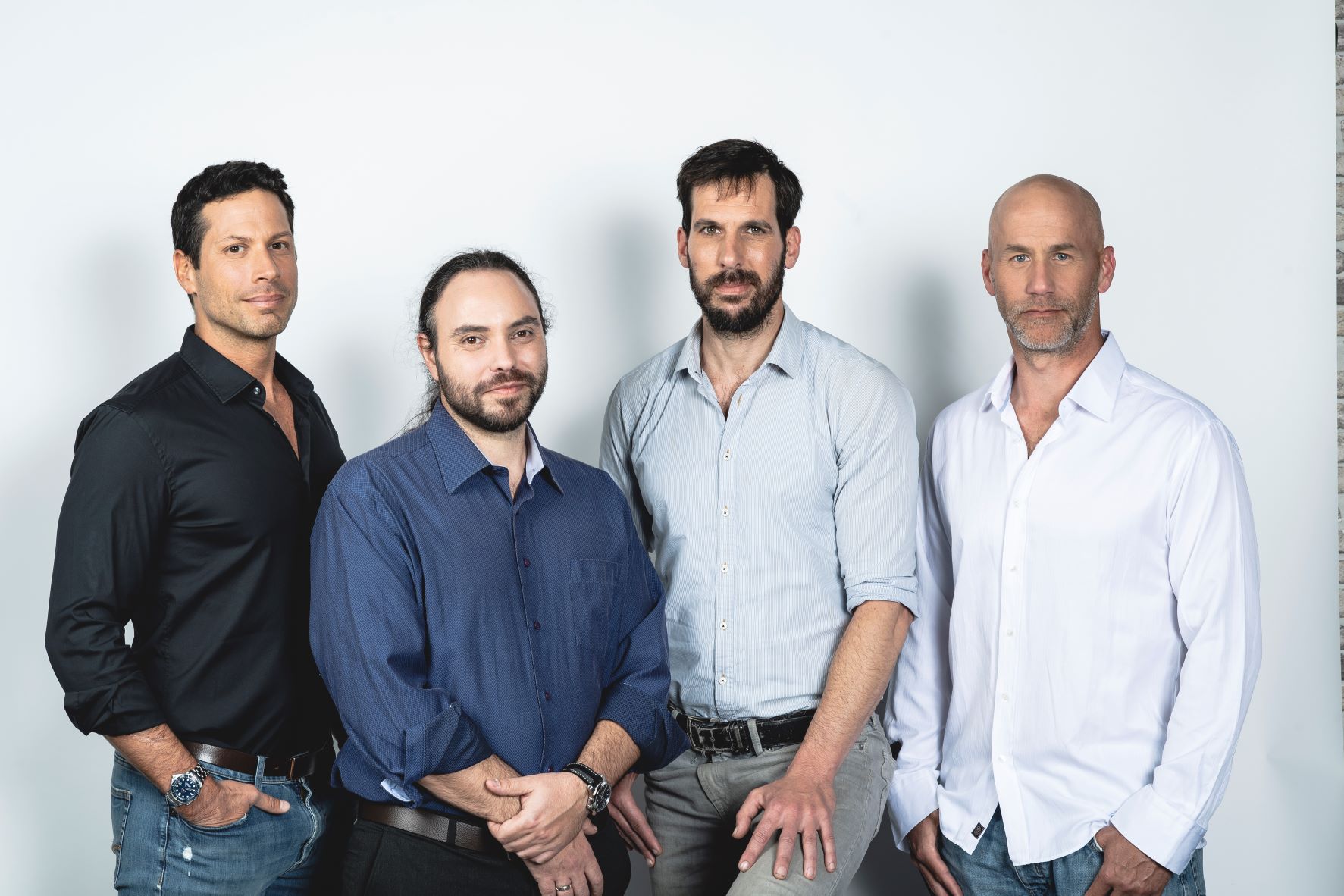The venture arm of Volvo Cars, an automaker long synonymous with safety, has invested in an optics and imaging startup developing technology that can be integrated into a car’s windshield or windows to deliver images to drivers and passengers.
Volvo Cars Tech Fund invested $2 million into optics and imaging developer Spectralics, funds it will use to accelerate the development of its optical film that the company says could make cars safer and provide a better user experience. While the investment might not seem significant, the relationship with Volvo could prove fruitful, particularly if its tech ends up in production vehicles.
Spectralics is developing see-through optical overlay, also known as a “multi-layered thin combiner,” that can be integrated onto a car’s windshield or windows. Spectralics says this creates a wider field of view and, crucially, a sense of distance – both necessary for a safe augmented reality overlay.
Outside of the vehicle, the tech could also be used for smart glasses, optical systems and other head up displays. It’s the latest sign that augmented and virtual reality are moving beyond gaming and consumer goods and into the vehicle. It’s arguably part of a wider shift of automotive OEMs distinguishing new cars not by horsepower but by user experiences and technology offerings.

Spectralics founders Ran Bar Yosef, Eran Falk, Yuval Kashtar, Yuval Keinan. Image Credits: Tal Givoni for Spectralis (opens in a new window)
While the uptake of AR/VR in cars has faced a number of bottlenecks, automakers are leading the pack in investing in companies developing this tech for in-cabin applications. as Abigail Basset notes for TechCrunch+.
If Volvo’s investment in Spectralics wasn’t signal enough, a spokesperson confirmed to TechCrunch that the Swedish car giant is looking to adopt this tech in its cars. “Spectralics is a good portfolio fit for us and we believe that their technology has the potential to set a standard for the next generation of displays and cameras,” Volvo Cars Tech Fund’s head Lee Ma said in a statement.
Spectralics is an alum of MobilityXlab, an accelerator in Götenborg, Sweden, and is also part of Drive-TLV, a mobility hub in Tel Aviv that connects startups with automotive industry investors. Volvo’s investment arm has been part of both initiatives since 2017, and has recently invested in a handful of other Israeli startups, including MDGo, which develops accident detection sensors, and vehicle inspection tech developer UVEye.
The new funding now brings the Israel-based startup’s total raised to $5 million.

